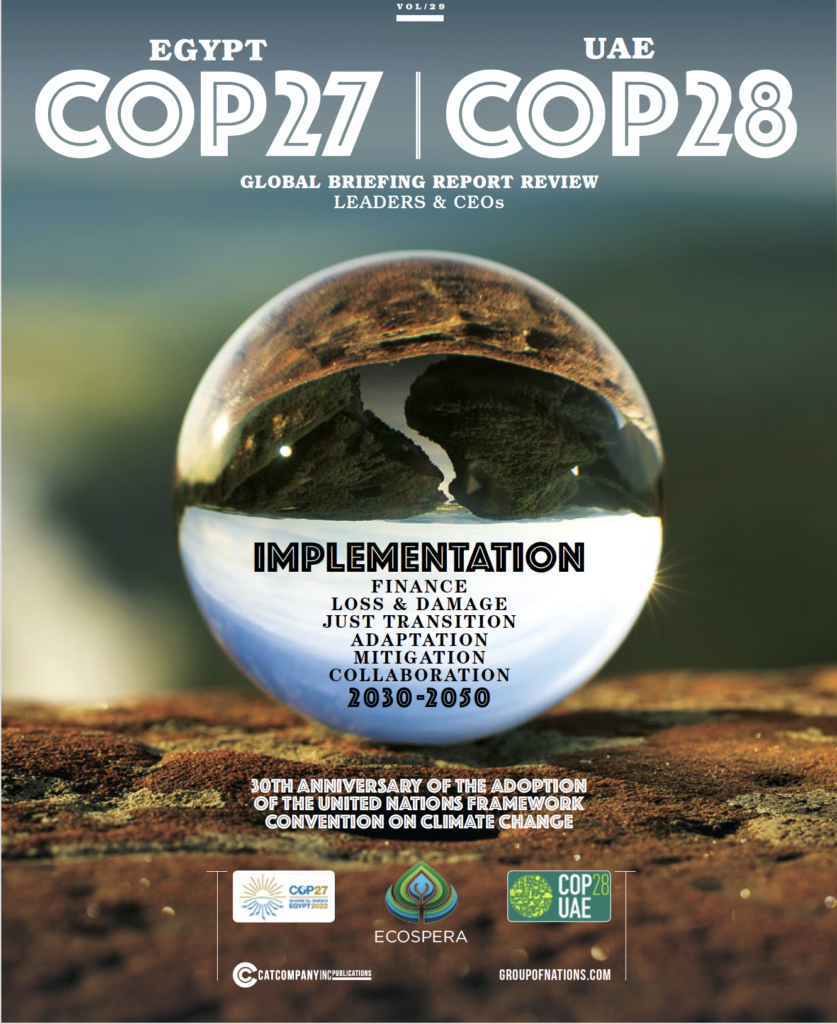BusinessG7 JapanG7 SummitNEWS
July 8, 2022
Former Prime Minister Shinzo Abe – A sad day,
8 July 2022

Shinzo Abe (安倍 晋三, Abe Shinzō, 21 September 1954 – 8 July 2022) was a Japanese politician who served as prime minister of Japan and President of the Liberal Democratic Party (LDP) from 2006 to 2007 and again from 2012 to 2020. He was the longest-serving prime minister in Japanese history. Abe also served as Chief Cabinet Secretary from 2005 to 2006 under Junichiro Koizumi and was briefly leader of the opposition in 2012.
Born into a prominent political family, Abe was elected to the House of Representatives in the 1993 election. He was appointed Chief Cabinet Secretary by Prime Minister Junichiro Koizumi in September 2005, before replacing him as prime minister and LDP president in September 2006. He was subsequently confirmed as prime minister by a special session of the National Diet, becoming Japan’s youngest post-war prime minister, and the first to have been born after World War II. Abe resigned as prime minister just after one year in office, because of medical complications from ulcerative colitis, shortly after his party lost that year’s House of Councillors election. He was replaced by Yasuo Fukuda, who became the first in a series of five prime ministers who each failed to retain office for more than sixteen months.
After recovering from his illness, Abe staged an unexpected political comeback, defeating Shigeru Ishiba, the former defence minister, in a ballot to become LDP president for the second time in September 2012. Following the LDP’s landslide victory in the general election that December, he became the first former prime minister to return to office since Shigeru Yoshida in 1948. He led the LDP to two further landslides in the 2014 and 2017 elections, becoming Japan’s longest-serving prime minister. In August 2020, Abe announced his second resignation as prime minister, citing a significant resurgence of his ulcerative colitis He tendered his resignation on 16 September, upon the Diet electing Chief Cabinet Secretary Yoshihide Suga as his successor.
Abe was a conservative whom political commentators widely described as a right-wing Japanese nationalist. He was a member of Nippon Kaigi and held negationist views on Japanese history, including denying the role of government coercion in the recruitment of comfort women during World War II, a position which created tension with neighbouring South Korea. He was considered a hard-liner with respect to Japanese defence policy and advocated revising Article 9 of the pacifist Japanese constitution to permit Japan to maintain military forces. He proposed, advocated for and successfully enacted security reform legislation in 2015 to allow for the Japanese exercise of collective security, the passage of which was controversial and met with large protests. Abe’s premiership was known internationally for his government’s economic policies, nicknamed Abenomics, which pursued monetary easing, fiscal stimulus, and structural reforms.
Shinzo Abe, a former prime minister of Japan on Friday, 8 July 2022, at around 11:30 JST, in Nara, Nara Prefecture, while attending a political event near Yamato-Saidaiji Station. Abe was delivering a campaign speech for a party candidate when he was shot twice from behind, reportedly by an improvised firearm. A suspect, Tetsuya Yamagami, was apprehended at the scene. Abe was later transported by medical helicopter to Nara Medical University Hospital, where he was pronounced dead at 17:03 JST, five and a half hours after the initial shooting.
Abe’s death attracted international condemnation. He is the first former Japanese prime minister to have been assassinated post-WWII, and since Saitō Makoto and Takahashi Korekiyo during the February 26 Incident in 1936, and the sixth former prime minister overall to be assassinated including during the Empire of Japan.









